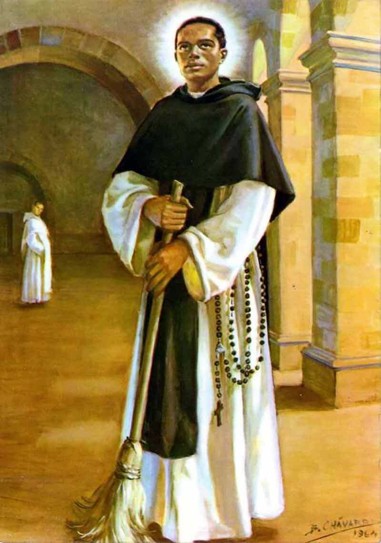By Marivic Mercene
In the Philippines, fair skin is often seen as the standard of beauty. From whitening soaps and lotions to countless advertisements, the beauty industry thrives on the idea that being maputi (fair-skinned) means being more attractive or successful. This mindset traces back to our colonial past, when lighter skin was associated with power and privilege.
While it’s natural to care for ourselves and feel good about how we look, we sometimes forget that beauty isn’t about being fair—it’s about being true to who we are. And sometimes, this desire for fairness can quietly influence even how we see and treat religious images.
In April this year, I visited Fr. Enrique Escobar at Our Mother of Perpetual Help Parish in Barra, Opol, Misamis Oriental. He took me around the different communities, and when we reached the Sto. Niño Chapel, he shared an interesting story.

On his first visit there, he noticed a statue of San Martín de Porres in one corner, covered in dust. Being Peruvian himself, Fr. Enrique felt a special fondness for San Martín, a fellow Peruvian and a saint known for his humility and service to the poor. He offered to take the statue home to clean it, but someone else volunteered.
A few days later, when he returned, the statue had been cleaned and retouched. But something felt off. San Martín de Porres—the humble Afro-Peruvian saint with dark skin and a gentle spirit—now had lighter skin.
Fr. Enrique smiled but spoke with honesty: “This is nice work—but San Martín was black. His dark skin was part of who he was. It tells the story of how God works through all people, no matter the color of their skin.”
The person who retouched the statue was surprised. He meant no harm—he simply thought lighter skin looked “nicer.”
This reveals something about our culture. The admiration for lighter skin is deeply ingrained, passed down since the Spanish era. But our faith calls us to see something deeper.
The Bible reminds us in Psalm 139:14: “I praise you because I am fearfully and wonderfully made; your works are wonderful, I know that full well.”
We are God’s wonderful creation—morena, maputi, kayumanggi, maitim. Every shade is beautiful. Every color tells a story.
San Martín de Porres’ dark skin did not stop him from becoming a saint. In fact, it was part of the message he left behind: that holiness has no color, and love knows no race.
So next time we see our reflection, or notice the colors of others around us, may we remember: God made each of us wonderfully, just as we are.
Learn more about San Martin De Porres here.






